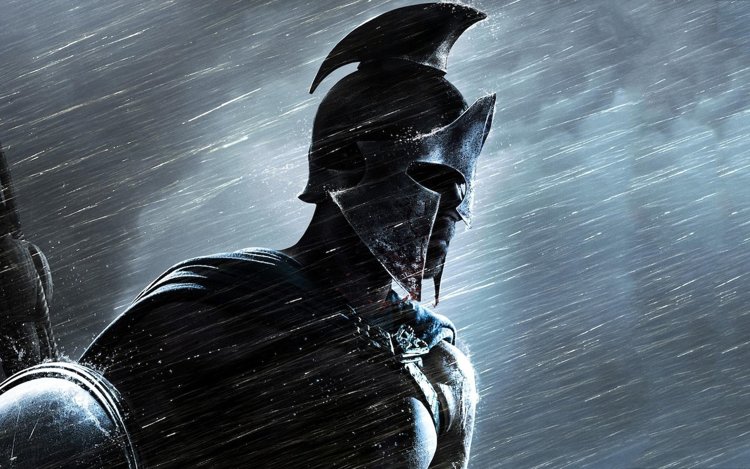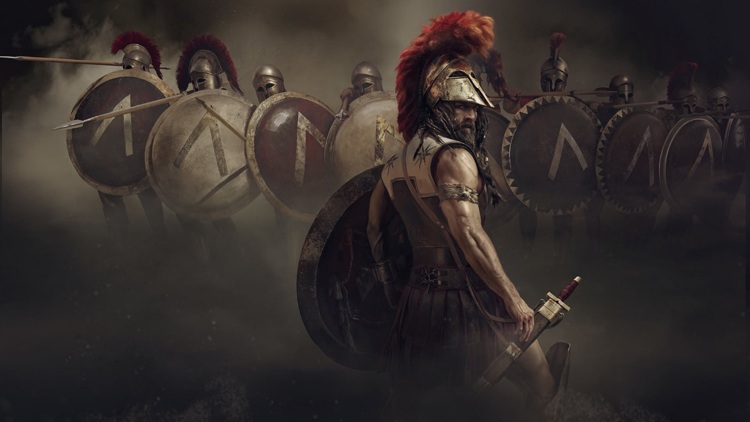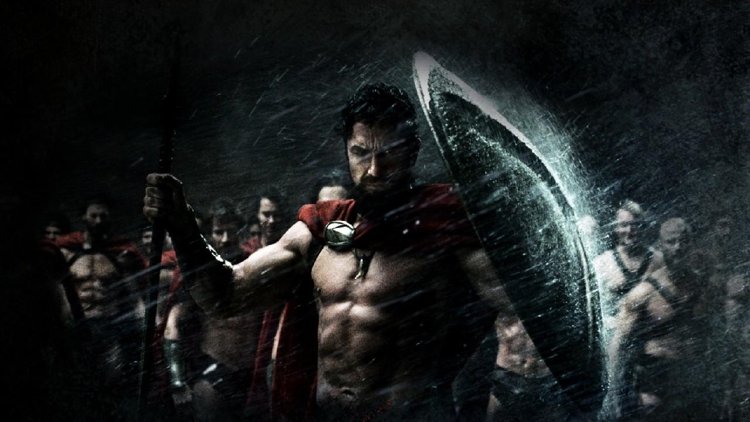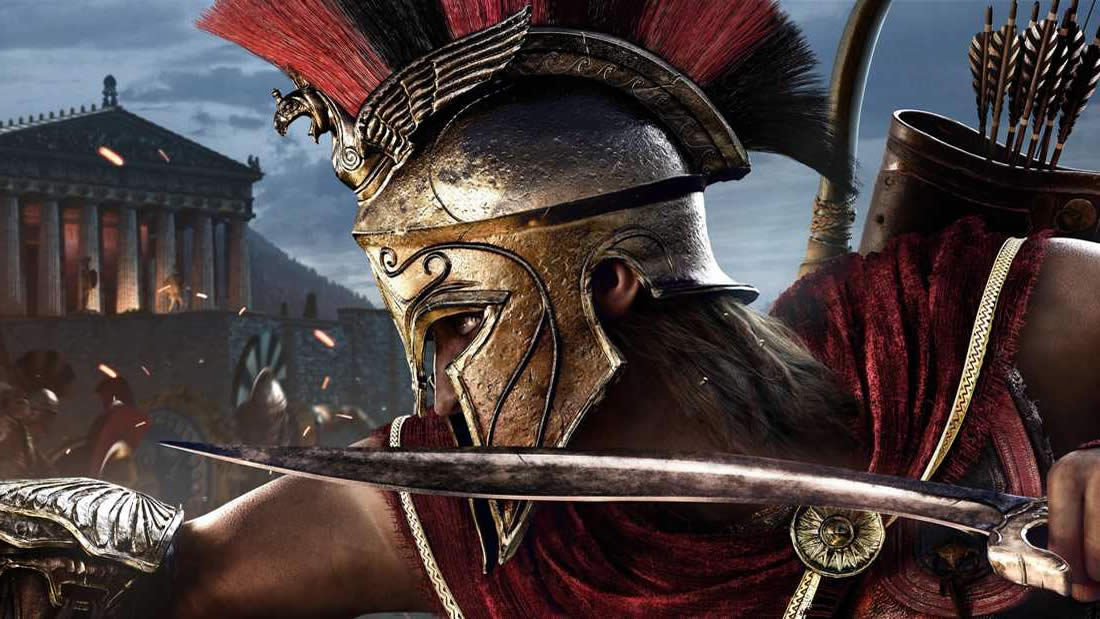In popular culture, we find the Spartans as great warriors capable of facing an army that outnumbered them by thousands. Loyal, brave, fierce and the most feared of ancient Greece, but how much is fact and how much is fiction?
300 Spartans fought alone against an army of thousands of Persians for 3 full days, thus allowing the city of Athens to prepare to to struggle. A great sacrifice that ultimately allowed the West to be as we know it.
This story was popularized thanks to Herodotus, who wrote this version some time after the battle. In popular culture it was further strengthened thanks to the comics and movie that Frank Miller made in 2006.
But despite this, society in general knows very little of the story of these great warriors, which is not as they are told.
Educated to fight

Sparta was no different from the other cities of Greece. In fact, it wasn’t even that well known to Greek philosophers and artists.
It was not until 700 B.C. that the city began to change. At that time they had managed to conquer Messenia, bringing the Messenians into their society as slaves, also called helots.
Most of the helots were people who, in the past, had given solidarity to Sparta, so they felt betrayed and started different protests against slavery.
This generated that, with time, a kind of collective paranoia was created, which led Sparta to prepare militarily all the men who were born in order to create soldiers capable of facing, at first, the helots, and eventually, any army.
War and the Spartans

The Spartans were known for always being ready to fight, as they were raised and trained for war and fighting was their purpose in life. Although many died during battle, they were always happy to participate, because dying in battle was the most dignified way to leave this world.
And this was not only for the soldiers, their relatives knew of this possibility and the value of dying in battle, so they always made them great honors at the time of leaving for war.
The culture of war in the Spartans was so deep that if they were forced to retreat, the failure, shame and dishonor they felt was such that, likewise, much of the army ended up committing suicide.
A suitable training for fighting
Although many people may not know it, there are still certain sports disciplines that borrow from the physical and mental demands and heavy training to which the Spartans were subjected from an early age.
Starting with the demanding punishments to which they subjected their bodies to develop greater strength and physical endurance. In this way, they combined this resistance training with muscular exercises, but not just any exercise; they used the one that allowed them to exercise the greatest number of muscles at the same time.
All this training allowed them to wear without any problem all the Spartan battle equipment and to resist in the great fights.
This equipment consisted of a tunic and a red cloak that covered the heavy articulated bronze armor and the Corinthian helmet. Heavy swords and shields made of leather, wood and bronze.
However, this classical clothing was not always the main one; at the birth of the Spartan army, their clothing was more similar to that of the Greek soldiers, but they wanted a style of their own that would differentiate them.
By that reason they opted for the mantle and the red tunic, in addition to something that always characterized them; their long hair.
The myth of 300

Herodotus’ story and its reaffirmation with the 2006 film created an almost idyllic myth of the Spartan warriors. Which is not entirely true.
Although it is true that they were outnumbered abysmally, they were not 300 Spartans. In fact there were more than 6000 soldiers with the Greeks, including Thebans, Corinthians, Thespians, Hoplites, Arcadians, Locrians, Lycans, Fliuntes and Mycenaeans.
All commanded, indeed, by Leonidas I and ready to face 200,000 Persians. Not more than 2,000,000,000 million as the movie says.
Another quite important point to take into account is that Leonidas lost the battle. The Persians not only managed to cross the pass of Thermopylae, but also destroyed several Greek cities, including Athens.
Although history magnified them to the point of making them look like demigods, it does not detract from the fact that these warriors were fierce and dedicated fighters. The war of Thermopylae was a great propaganda to promote the patriotic sense to Sparta until its fall. A myth that, to this day, is still in force.







